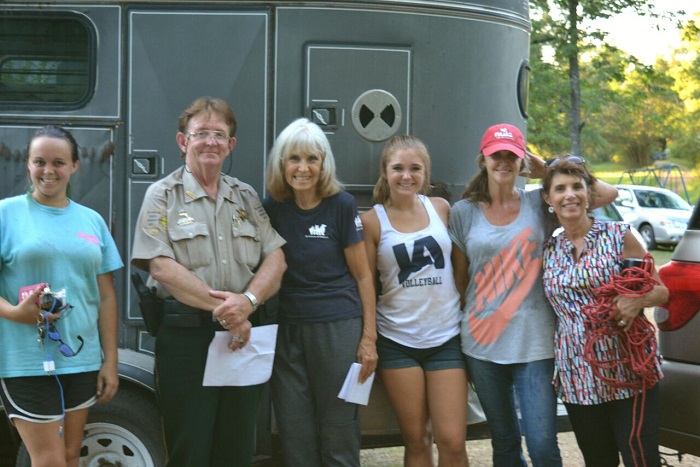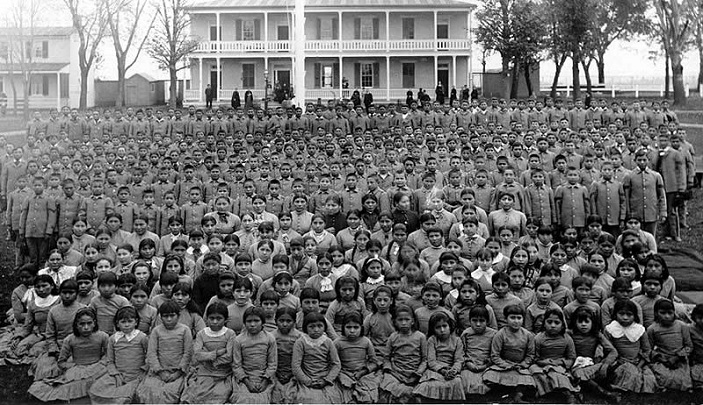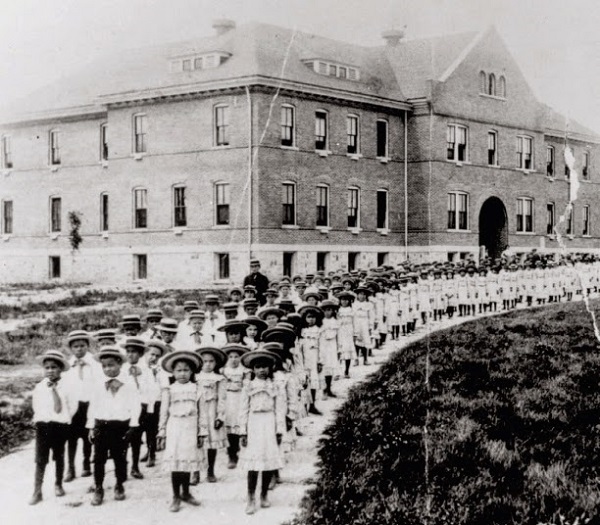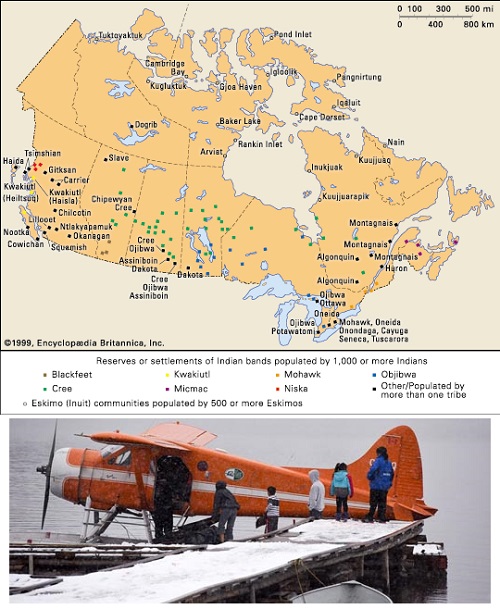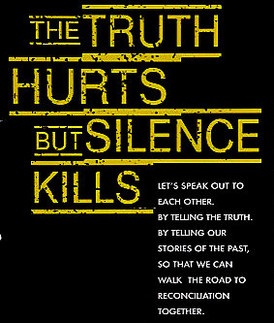This article contains graphic images. Cascilla, Miss. – Two Mississippi animal protection organizations have joined forces to rescue four neglected horses in Cascilla, Tallahatchie County. In Defense of Animals’ Justice for Animals Campaign and Jackson-based Mississippi Horses seized the starving and wounded animals from a property on Smith Road.
Concerned people who passed the property contacted the Justice for Animals campaign after witnessing the horses in a state of neglect.
Justice for Animals Director Doll Stanley and Tallahatchie County Deputy Albert Griffin met with the property owner to examine the conditions of the neglected horses. Two stallions, one mare, and her colt were confined to an area with no grass or other food to support the horses and no drinking water. One of the horses had a severe, untreated wound on his face.
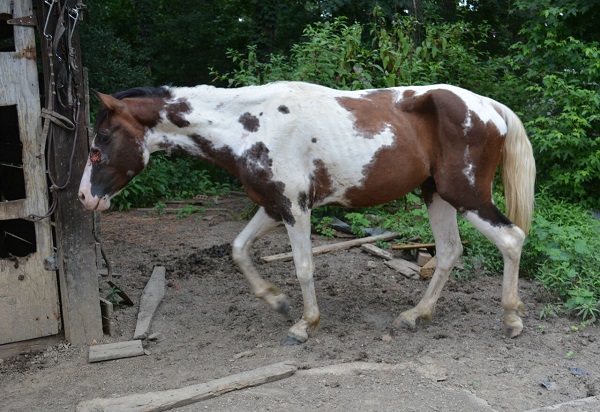
A fifth horse was present on the property who seemed well-cared for. The badly-injured stallion had apparently stuck his head through an opening in the stall of the well-cared-for horse in an attempt to reach food, and had been severely bitten. One side of his head and his neck were scraped in the struggle to free himself when the other horse attacked him, leaving a ghastly bite wound that left an exposed section of bone on his face. The horse had not received medical attention.
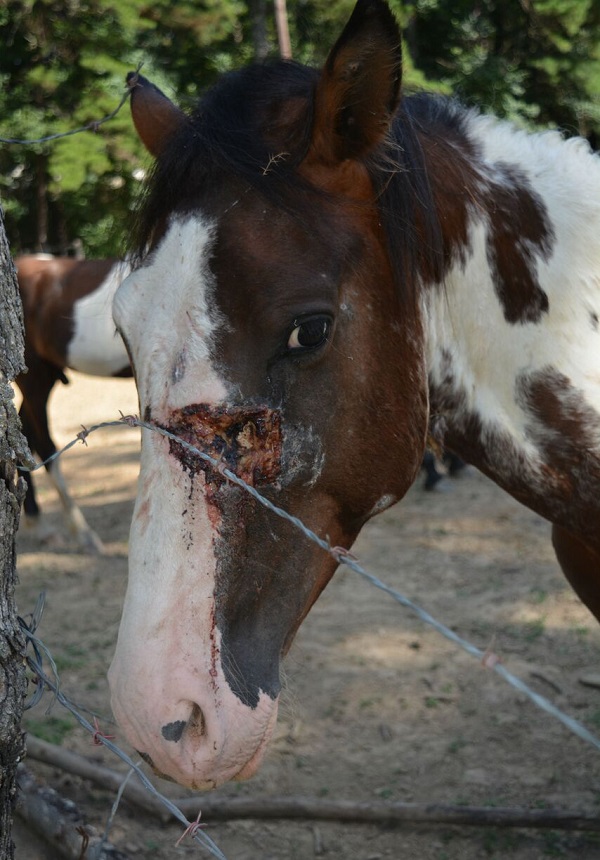
An order was granted to the Tallahatchie County Sheriff’s Department for the seizure of the four horses on July 14 and was enforced that afternoon. Mississippi Horses immediately transported the injured horse to Mississippi State University Veterinary School for emergency treatment. The three other horses have been taken into the organization’s care for rehabilitation.
“In many cases of unintentional neglect, often in ignorance, we give guidance to animal guardians and monitor the recovery or check on the animals’ improved environment,” said Justice for Animals Director, Doll Stanley. “In this case, friendly guidance was not an option. Failure to provide the basic sustenance for horses and direly needed medical care, and failing to even reach out for help, has caused inexcusable suffering to these poor horses.”
In Defense of Animals has served in Mississippi for 24 years, aiding victims and law enforcement with hundreds of cruelty cases. In Defense of Animals’ Justice for Animals Campaign works with law enforcement to provide guidance on animal cruelty laws, advocate for stronger humane ordinances and statutes, and coordinate aid to rescue neglected and intentionally harmed animals.
Eleven miles south of Grenada, Mississippi, In Defense of Animals operates Hope Animal Sanctuary which rescues and cares for hundreds of animals including many victims of cruelty cases. Hope Animal Sanctuary is currently full and mid-way through a renovation project to replace its 20-year-old facilities with buildings, fencing, and modern amenities so that it may continue to provide hope for Mississippi’s cast-off, neglected, and unwanted animals for many years to come. Please support your local sanctuary www.idausa.org/HASrebuild2
In Defense of Animals’ Justice for Animals Campaign is working tirelessly to advance the cause for justice and show state legislators that the people of Mississippi are united against senseless and horrific animal abuse. Campaign members are aligning with Mississippi judges, prosecuting attorneys, law enforcement officials, legislators, animal advocates and concerned citizens to pass tougher state statutes and meaningful regional ordinances that will protect animals when state statutes fail. For the Silo, Doll Stanley IDA.
In Defense of Animals is an international animal protection organization with over 250,000 supporters and a 30-year history of fighting for animals, people and the environment through education, campaigns and hands-on rescue facilities in India, Africa, and rural Mississippi.
All images- Fleur Dawes (In Defense of Animals)
IN DEFENSE OF ANIMALS • 3010 KERNER BLVD. • SAN RAFAEL, CA 94901 • 415-448-0048
